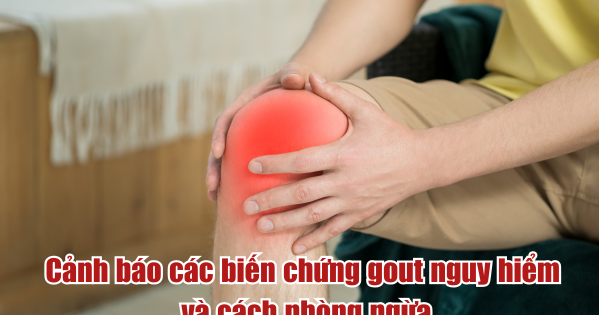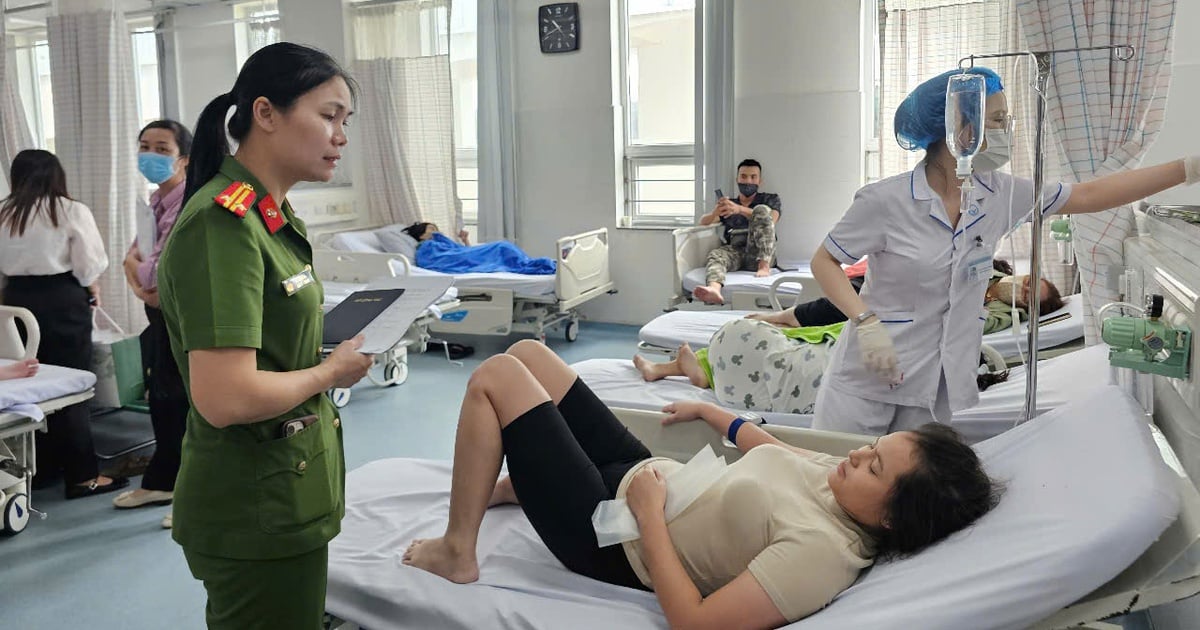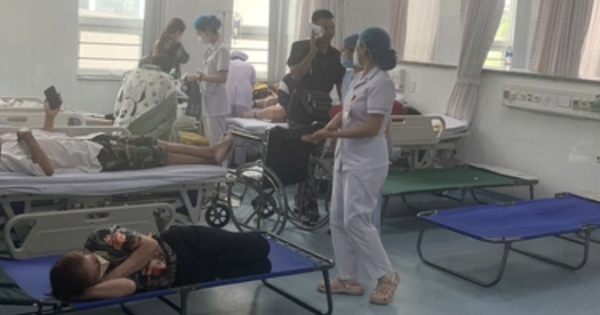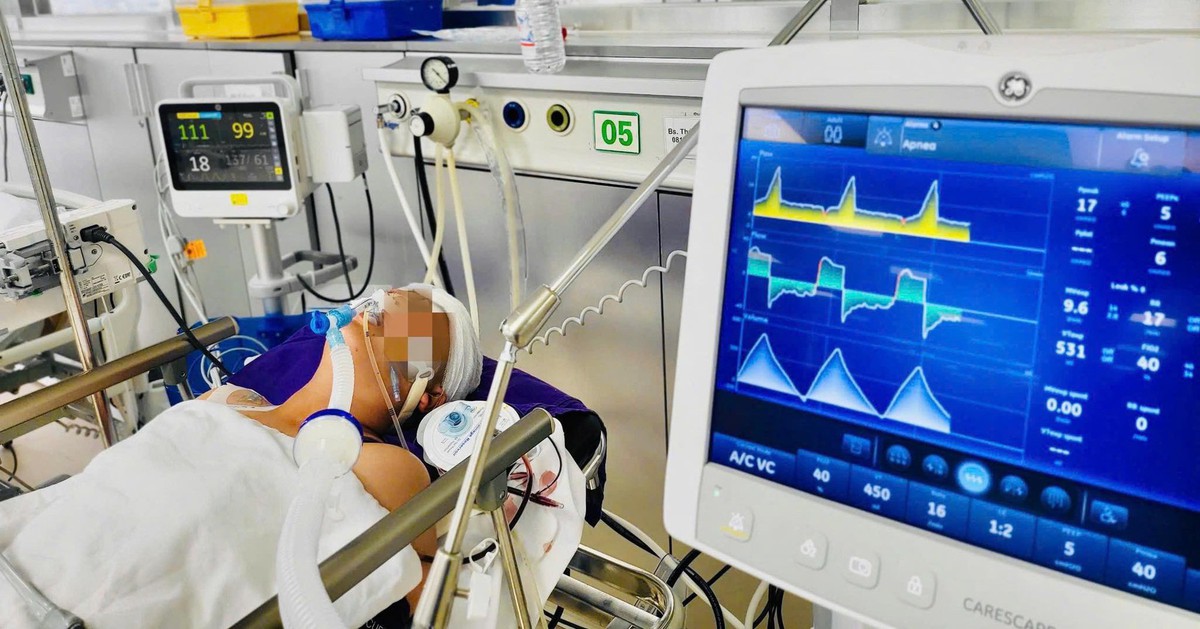Ho Chi Minh City 15-year-old boy, after two days of mild fever, suddenly vomited, had stomachache, sweated, had cold hands and feet, then fainted, was hospitalized and had to be put on ECMO.
On September 24, Dr. Nguyen Minh Tien, Deputy Director of the City Children's Hospital, said that the child transferred from Soc Trang was in critical condition. The child was lethargic, had stuck blood pressure (systolic blood pressure was very close to diastolic blood pressure), had a rapid heart rate, and had a difficult pulse.
With a diagnosis of acute myocarditis, cardiogenic shock, and multiple organ failure, the patient was placed on a ventilator, vasopressors, and required ECMO intervention. This is a method of using extracorporeal circulation and oxygen exchange to support vital functions in patients with severe circulatory or respiratory failure. With a similar operating principle to an artificial heart-lung machine, the goal of ECMO is to create time for the heart and lungs to rest and recover.
The disease progressed complicatedly, the baby suffered multiple organ damage, blood clotting disorders, electrolyte disorders... Doctors had to combine many treatment measures, correct disorders, support the liver and kidneys, and transfuse blood and blood products.
After 7 days of treatment, the patient's hemodynamic condition stabilized, his heart rate returned to normal sinus rhythm, and he was taken off ECMO. After that, the teenager was taken off the ventilator and continued to be monitored and treated.
Dr. Tien recommends that parents pay attention to the changing seasons and erratic weather, which can cause cases of viral infections with complications of myocarditis with symptoms of mild fever, fatigue, headache, vomiting, abdominal pain, pale complexion, pale limbs, fainting, chest pain, etc. Children should be quickly taken to a medical facility with a pediatric department for examination, early diagnosis and appropriate treatment. Many cases progress very quickly, are severe, and have a high risk of death. If they survive, they are likely to suffer from heart failure or arrhythmia later.
Prevent disease by limiting children's contact with adults who have contracted viral diseases. Provide children with adequate vitamins and minerals. Vaccinate them against diphtheria, influenza, rubella, mumps, etc. to increase their resistance to disease. School-age children should practice the habit of washing their hands before eating and after using the toilet.
Le Phuong
Source link





![[Photo] Looking back at the impressive moments of the Vietnamese rescue team in Myanmar](https://vstatic.vietnam.vn/vietnam/resource/IMAGE/2025/4/11/5623ca902a934e19b604c718265249d0)

![[Photo] "Beauties" participate in the parade rehearsal at Bien Hoa airport](https://vstatic.vietnam.vn/vietnam/resource/IMAGE/2025/4/11/155502af3384431e918de0e2e585d13a)























![[Photo] Summary of parade practice in preparation for the April 30th celebration](https://vstatic.vietnam.vn/vietnam/resource/IMAGE/2025/4/11/78cfee0f2cc045b387ff1a4362b5950f)































































Comment (0)